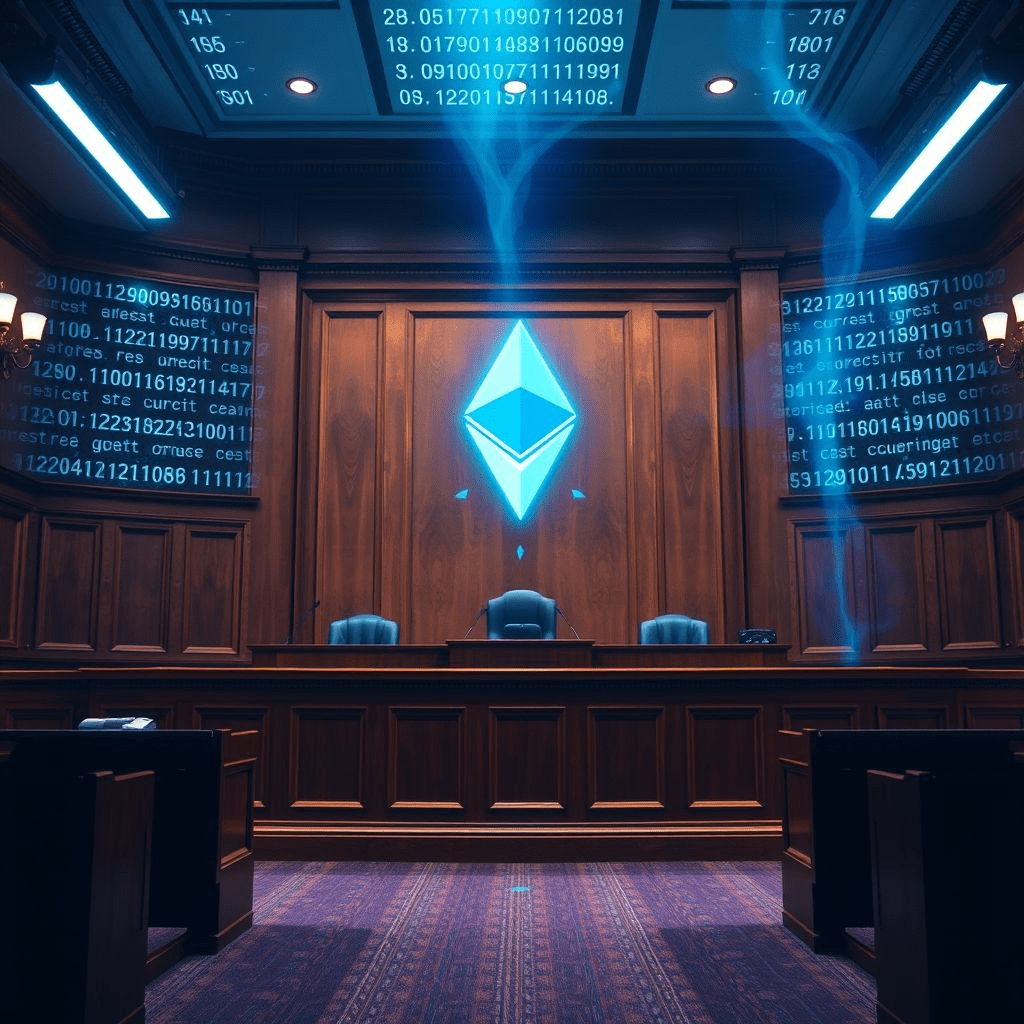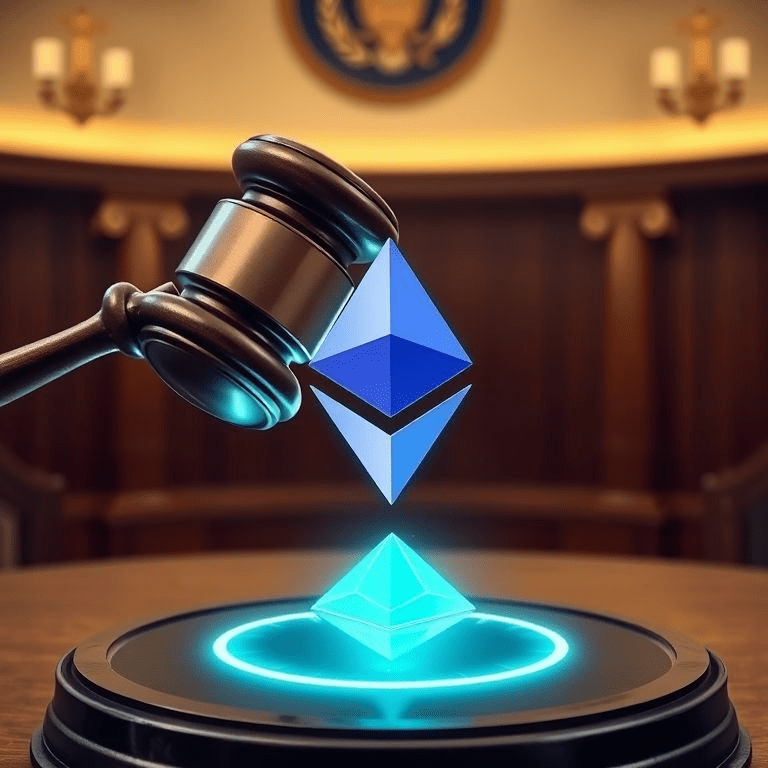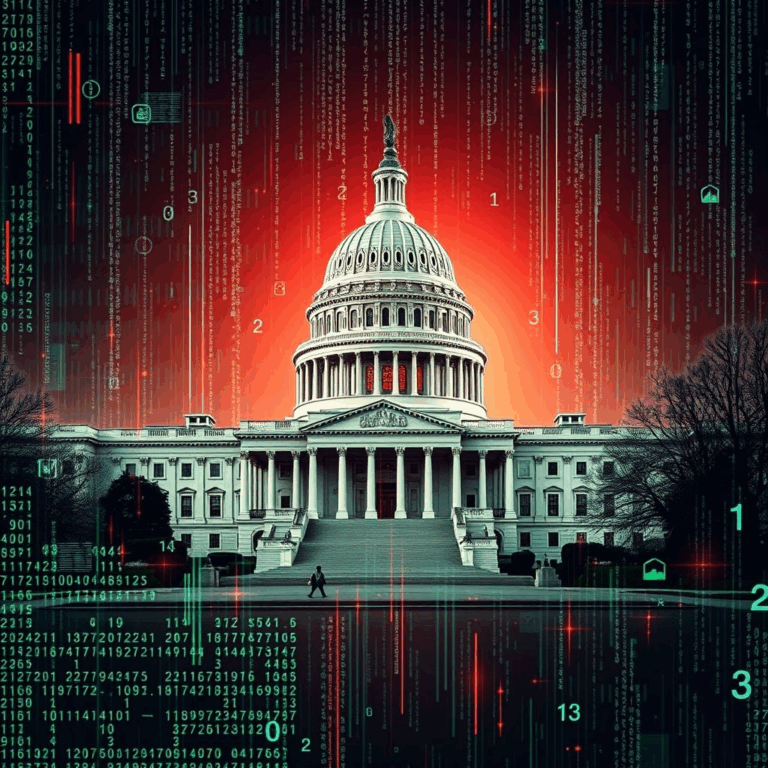Introduction
In a closely-watched trial that raises fundamental legal questions about privacy-focused tools in the cryptocurrency world, a federal jury in Manhattan delivered a mixed verdict in what has come to be known as the Tornado Cash verdict. On August 6, 2025, Roman Storm, co-founder of the controversial crypto-mixing protocol Tornado Cash, was found guilty on one count—conspiracy to operate an unlicensed money transmitting business—but the jury deadlocked on more serious charges. The outcome signals both a legal setback and a potential turning point for developers of privacy-centric code.
Background — Tornado Cash and Legal Stakes
Tornado Cash is a decentralized crypto-mixing service launched in 2019 on Ethereum, designed to obscure transaction trails by mixing user funds with others. Over time, it became notorious for facilitating the laundering of illicit proceeds—including funds from high-profile hacks linked to North Korea’s Lazarus Group. Authorities estimated that over $1 billion in criminal proceeds flowed through the platform. In August 2022, the U.S. Treasury sanctioned the service, citing national security and illicit finance concerns
Roman Storm and his co-founders were indicted in 2023 on charges including conspiracy to commit money laundering and to violate sanctions, along with operating an unlicensed money transmitting business. The trial, held in the Southern District of New York, spanned three weeks—culminating in a verdict with mixed implications.
The Verdict
The jury convicted Storm on the lesser count—operating an unlicensed money transmitting business—a charge that carries up to five years in prison . However, the jury deadlocked on the more serious counts involving conspiracy to launder money and to violate international sanctions—potentially punishable by up to 20 years each
Quotes and Reactions
Storm’s defense framed the verdict as a partial vindication. Brian Klein, Storm’s attorney, emphasized: “We are grateful the jury did not convict Roman for violating sanctions or laundering money,” adding that “legal issues” remain in the charge of unlicensed transmitting and that he expects full vindication
Crypto advocates viewed the mixed ruling as a sign of judicial nuance in an era of crackdown on DeFi. Alex Urbelis, general counsel for Ethereum Name Service, remarked: “The hung jury shows real skepticism about the money laundering and sanctions charges” but expressed disappointment over the unlicensed business ruling .Some commentators even framed Storm’s code publication as not inherently criminal, highlighting the distinction between creating open-source tools and facilitating illicit activity
Legal and Industry Impact
The verdict sets a critical precedent: even decentralized code may carry legal accountability if developers promote or profit from it—especially if authorities can link it to criminal proceeds. Jay Clayton, U.S. Attorney for the Southern District of New York, was unequivocal: “Storm knowingly provided a service to move dirty money. That technology cannot shield criminality” .
Meanwhile, civil liberties and tech groups warn that the ruling could chill innovation in open-source privacy tools. The unresolved counts’ mistrial could still yield retrials, adding legal uncertainty for developers.
Next Steps and Outlook
Storm remains free on bail, with his sentencing yet to be scheduled . Prosecutors have yet to announce if they will retry him on the pending charges. Storm’s legal team is expected to file motions to dismiss the remaining conviction and potentially appeal the verdict.
For the broader crypto industry, the ruling may trigger a shift toward auditing and compliance safeguards—even in non-custodial software—especially amid increased regulatory scrutiny of DeFi and privacy protocols.
Conclusion
The Tornado Cash verdict demonstrates the growing legal peril faced by developers of decentralized tools. While the partial acquittal offers some reassurance, the conviction reinforces that code alone does not exempt creators from liability. The balance between digital privacy and legal accountability remains a contentious battleground—one that this case has placed firmly in the spotlight.







